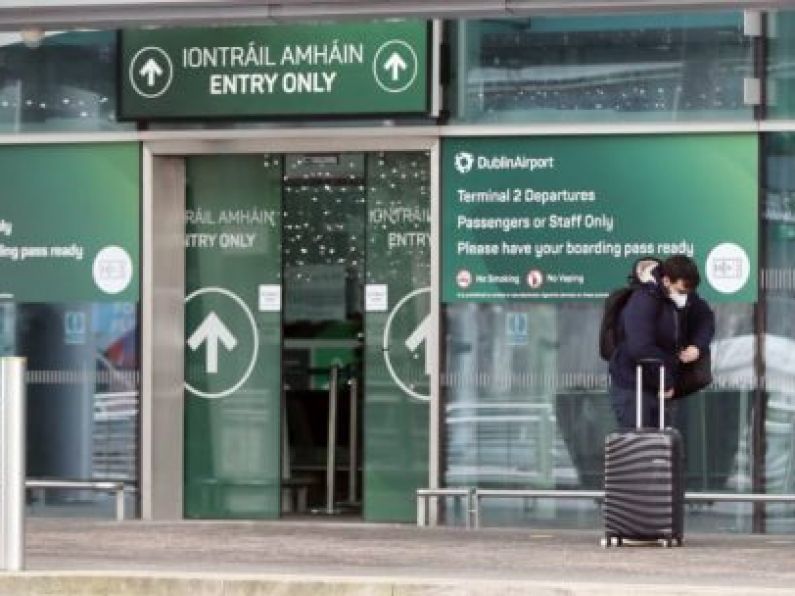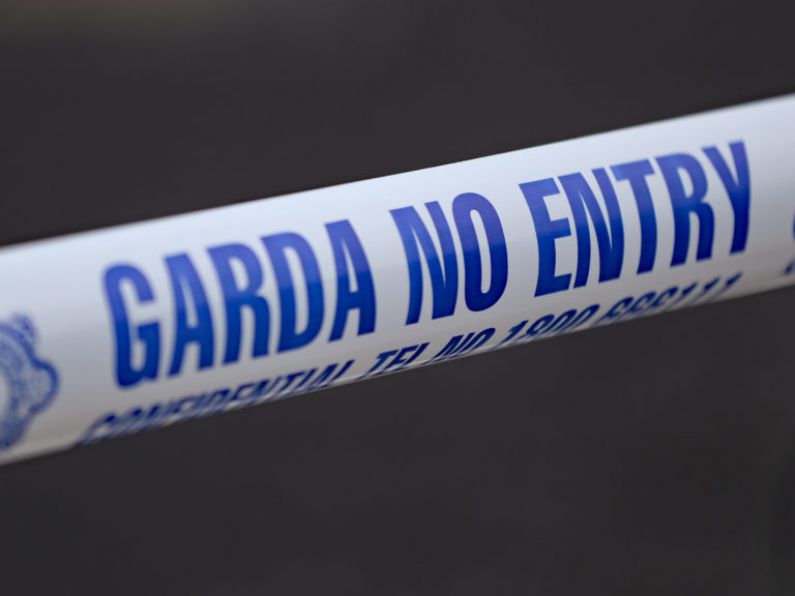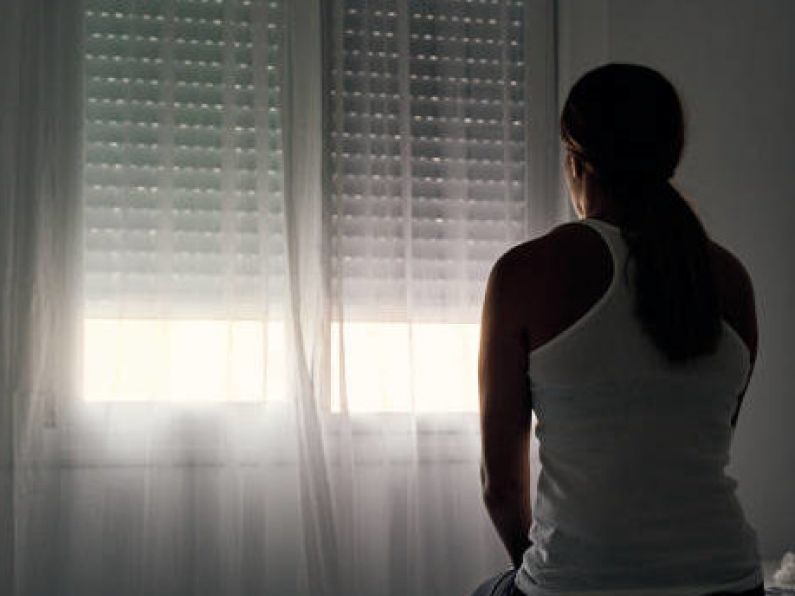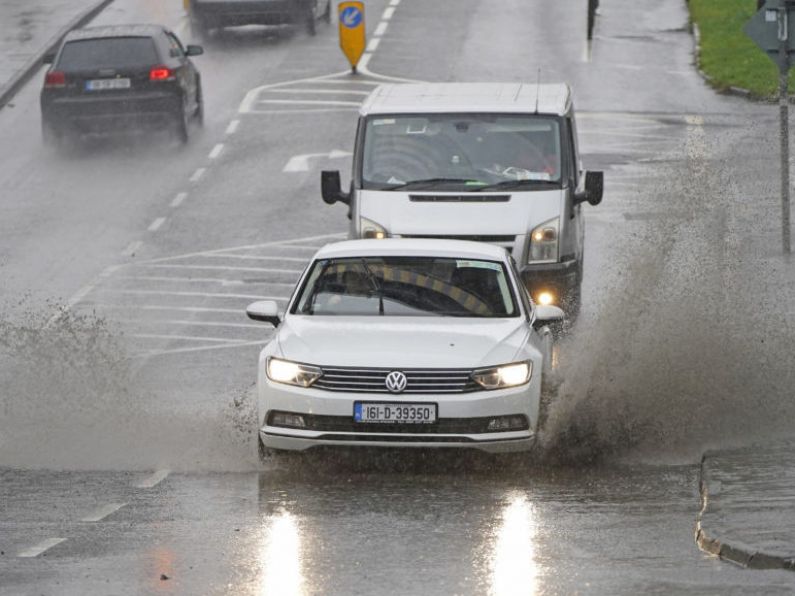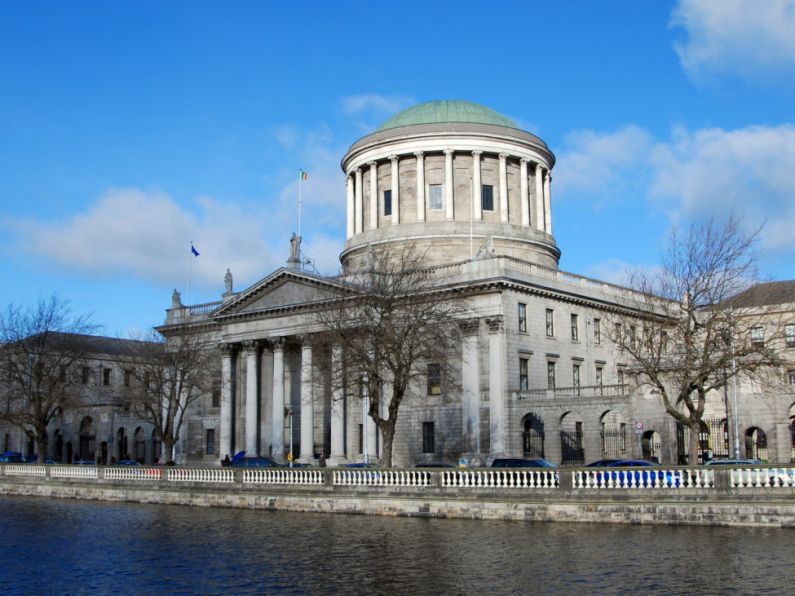Sarah Mooney
The Government has announced a number of new restrictions on international travel into the Republic amid the Covid-19 pandemic.
Here is everything we know — from who exactly will have to quarantine in designated facilities, to whether the new measures line up with the advice of the National Public Health Emergency Team (Nphet).
What are the new restrictions on international arrivals?
The new measures include mandatory 14-day quarantines:
- In designated facilities for international travellers who arrive into Ireland without a negative PCR test taken in the previous 72 hours.
- In designated facilities for arrivals from Brazil and South Africa, due to the spread of more infectious variants in these regions.
- At home for all other arrivals, with the requirement given a new legal basis. Those quarantining at home can continue to exit the 14-day period early with a negative test for the virus on Day 5.
A tightening of non-essential travel will also be seen in the form of:
- Visa-free short term travel from South America and South Africa suspended until at least March 5th.
- Various categories of “essential travel” reviewed to ensure this is as limited as possible.
Enforcement measures surrounding non-essential travel with also be increased, with:
- Advice to restrict movement or self-isolate at home for people arriving from abroad placed on a statutory or penal footing.
- Monitoring and enforcement of self-isolation periods at home stepped up.
- An increase to the fixed penalty for breach of the rules relating to international travel.
- Extra Garda checkpoints, including on routes near airports and ports, and checks of returning passengers to detect and deter non-essential international travel.
What about Northern Ireland and the Border?
The Government has also introduced measures that aim to prevent travellers from routeing a journey to the Republic via Northern Ireland, and skipping a mandatory quarantine.
These include:
- Amending passenger locator form regulations to require all inbound passengers, including those going on to Northern Ireland, to provide a place of residence and address on the form.
- Finalising arrangements with Northern Ireland regarding data sharing and follow-up with passengers who travel via the Republic to Northern Ireland.
- Continue discussions with the Northern Ireland Executive and UK government on opportunities for increased alignment or common outcomes on travel issues.
When will it all come into effect?
The new measures will take a "few weeks" to operationalise, the Tánaiste Leo Varadkar has said.
When it comes to mandatory quarantines in designated facilities, the State needs to identify quarantine hotels, train staff, and coordinate with the European Union, United Kingdom and Northern Ireland Executive, he said.
In terms of implementing the quarantines, the Government has said these measures can be introduced in the form of regulations for passengers who are not EU/EEA citizens.
It will be necessary to amend primary legislation for all other passengers, with detailed legislative work getting "under way immediately".
Do the new restrictions line up with Nphet advice?
Though Nphet has previously welcomed the move to introduce a pre-arrival testing requirement for travellers, it cautioned that “further measures should be adopted” and called for “discretion as it currently applies” to be removed.
The country’s deputy chief medical officer, Dr Ronan Glynn, has said that mandatory quarantine should be introduced for people coming into Ireland.
The country’s chief medical officer, Dr Tony Holohan, has warned that pre-testing alone will still allow some 40 per cent of cases to enter the country undetected.
Nphet has recommended “that every effort be made to ensure that discretion as it currently applies to the need for restriction of movements and PCR-testing post-arrival in Ireland is removed” — which would likely see all arrivals into the State face a mandatory quarantine in a designated facility.
